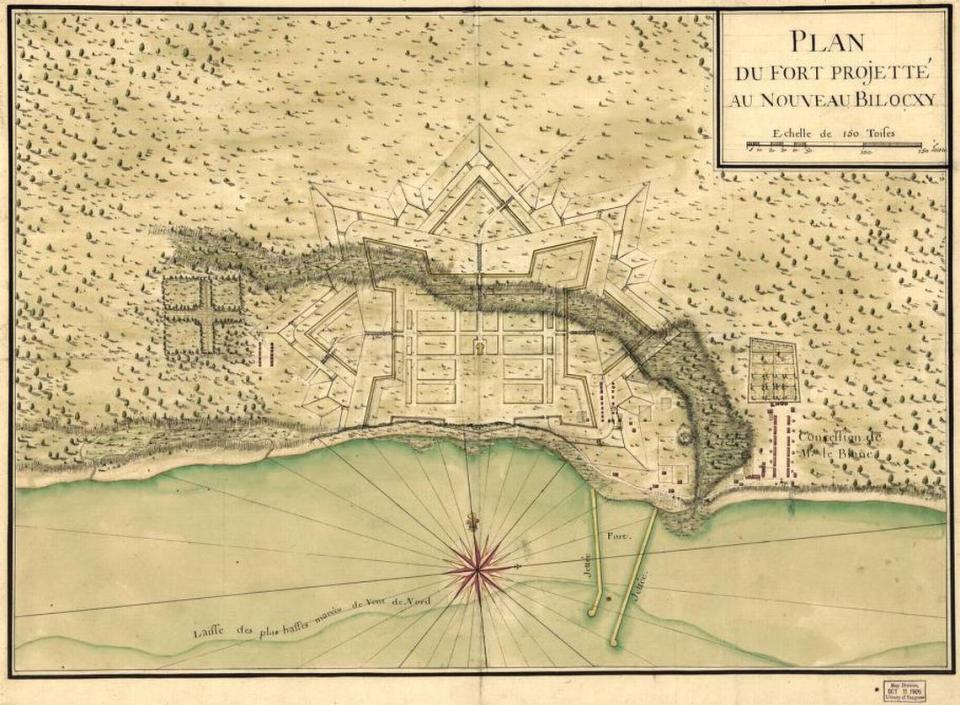How did Biloxi get its name? Here’s the often-forgotten history.
Today, Biloxi is synonymous with beaches, casinos, seafood and gambling. But the history of the name of this Mississippi Coast city stretches back hundreds of years.
Native Americans are known to have inhabited the area as early as 8,000 B.C. However, due to the Native American tradition of oral storytelling and history keeping, there is little known about them prior to European arrival.
What is known about them is that they were part of the Mississippian culture, meaning they were mound-builders and relied heavily on agriculture, as well as hunting.
In 1699, French explorer Pierre Le Moyne D’Iberville landed on the Mississippi Coast and established friendly relations with the local Natives. One of the more prominent tribes, the Biloxi, resided along the Pascagoula River.
D’Iberville noted that the tribe had recently suffered a devastating population decline. This was likely caused by diseases brought by Hernando de Soto’s expedition many years earlier.
When D’Iberville returned to France, he left a small group of settlers at Fort Maurepas. These settlers, lacking agricultural experience, relied on their limited rations and hunting. The friendly Biloxi Tribe provided much-needed agricultural products.
The settlers likely named the area after the tribe, spelling it as Bilocci in French. D’Iberville also referred to Fort Maurepas as Fort Bilocchy during this time. After relocating to Mobile Bay for a period, the settlers returned to the area following a catastrophic hurricane in 1717.
They settled around present-day Biloxi, which provided easier access to Ship Island, and called it Nouveau-Biloxi, or New Biloxi. Some maps also referred to it as Nouveau-Bilocxy. The area near Fort Maurepas became known as Old-Biloxi, and later Ocean Springs.
The few remaining Biloxi Natives migrated westward and merged with other tribes, notably the Tunica. Even fewer remained on the Mississippi Coast. Today, the Tunica-Biloxi Tribe is one of four federally recognized tribes in Louisiana.
Although the French Louisiana capital eventually moved to New Orleans, some residents remained on the Coast. With France no longer focusing on the Mississippi Coast, these settlers would remain few in number.
Despite later falling into the hands of Great Britain, Spain, and the U.S., the name Biloxi and its French influence have endured. The city’s name, even if experiencing several revisions, remains as a reminder of the cultural heritage embedded within its roots.


